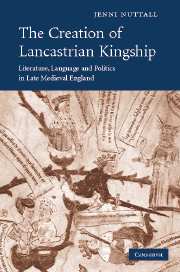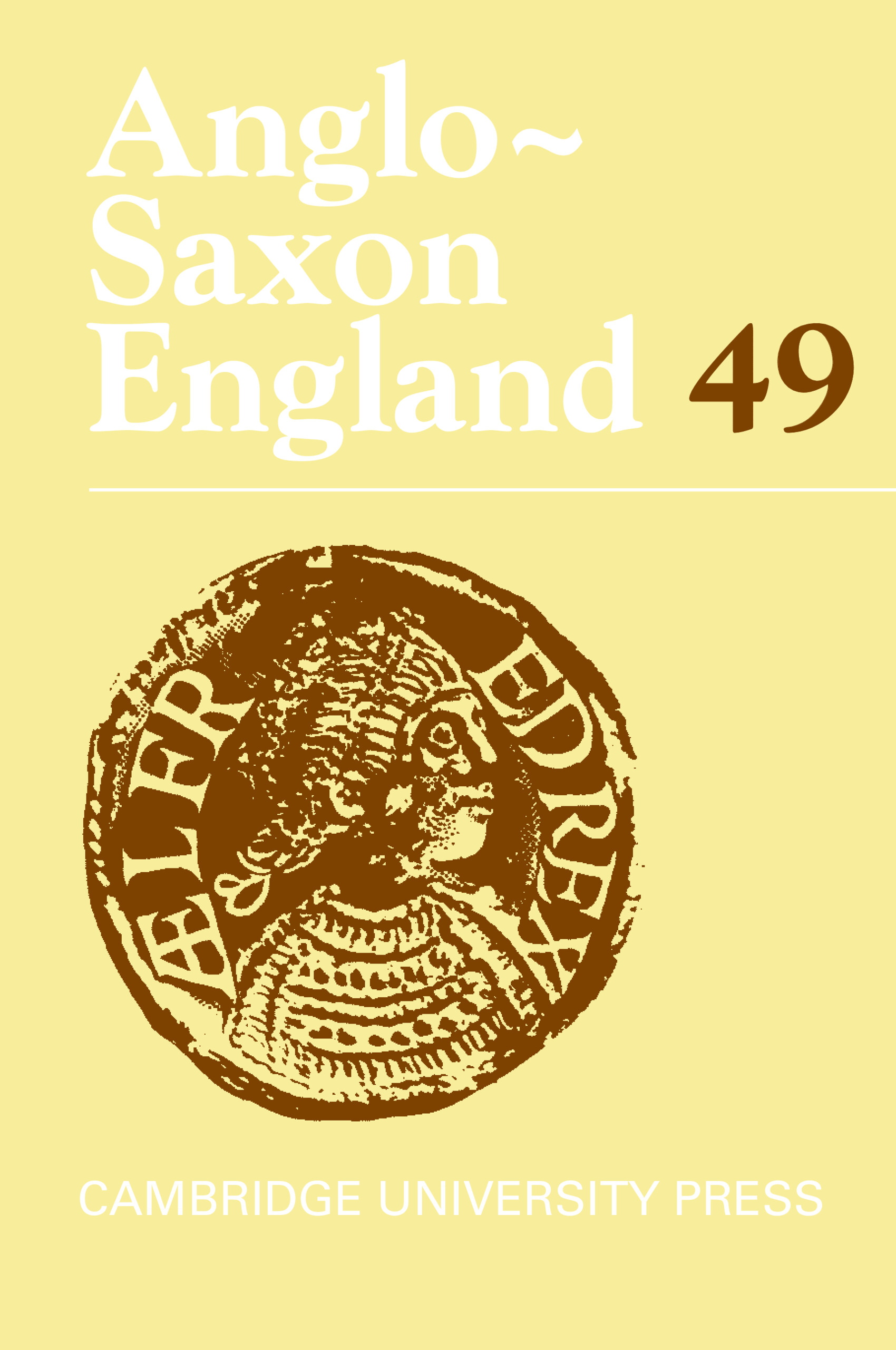The Theology of Debt in Late Medieval English Literature
Exploring debt's permutations in Middle English texts, Anne Schuurman makes the bold claim that the capitalist spirit has its roots in Christian penitential theology. Her argument challenges the longstanding belief that faith and theological doctrine in the Middle Ages were inimical to the development of market economies, showing that the same idea of debt is in fact intrinsic to both. The double penitential-financial meaning of debt, and the spiritual paradoxes it creates, is a linchpin of scholastic and vernacular theology, and of the imaginative literature of late medieval England. Focusing on the doubleness of debt, this book traces the dynamic by which the Christian ascetic ideal, in its rejection of material profit and wealth acquisition, ends up producing precisely what it condemns. This title is part of the Flip it Open Programme and may also be available Open Access. Check our website Cambridge Core for details.
- Redefines the terms in which the economic, the literary, and the theological relate as categories of medieval thought and culture
- Traces the roots of commercialism in the penitential theology that pervaded the late medieval cultural imagination, resolving apparent contradictions between medieval religious teaching and economic practice
- Challenges recent economic criticism, showing that literary models for faith in the market and money pre-date the modern novel by several centuries, as does the economic imaginary in which unpayable and infinitely reproducible debts promise future profit and salvation
Reviews & endorsements
‘Western theology tends to posit a deep cleavage between spirituality and economics; at most, economic practice might offer a metaphoric model for spiritual relations, but spirituality is fundamentally separate from business, and never the twain shall meet. This book gets off to a bracing start by taking issue with the ‘separate spheres’ thesis just articulated. … Thinking of this kind refreshes our understanding of both discourses - religious faith and economic credit - as intimately related and inherently beyond rational grasp. Theology is deeply economic and economic theory is irrational. Belief is the core of both.’ James Simpson, The Yearbook of Langland Studies
Product details
January 2024Hardback
9781009385954
268 pages
235 × 155 × 18 mm
0.558kg
Available
Table of Contents
- Introduction: Middle English debt and the spirit of capitalism
- 1. Counterfeit money: Debt and form in the Middle English charter lyrics
- 2. Secret debts: Credit and faith in the spendthrift knight romances
- 3. Home economics: The marriage debt in The Wife of Bath's Prologue and Tale and The Merchant's Tale
- 4. 'What is ynogh to mene': Measuring debt in Langland's Piers Plowman
- 5. Piers Plowman and the inappropriable
- Epilogue.




